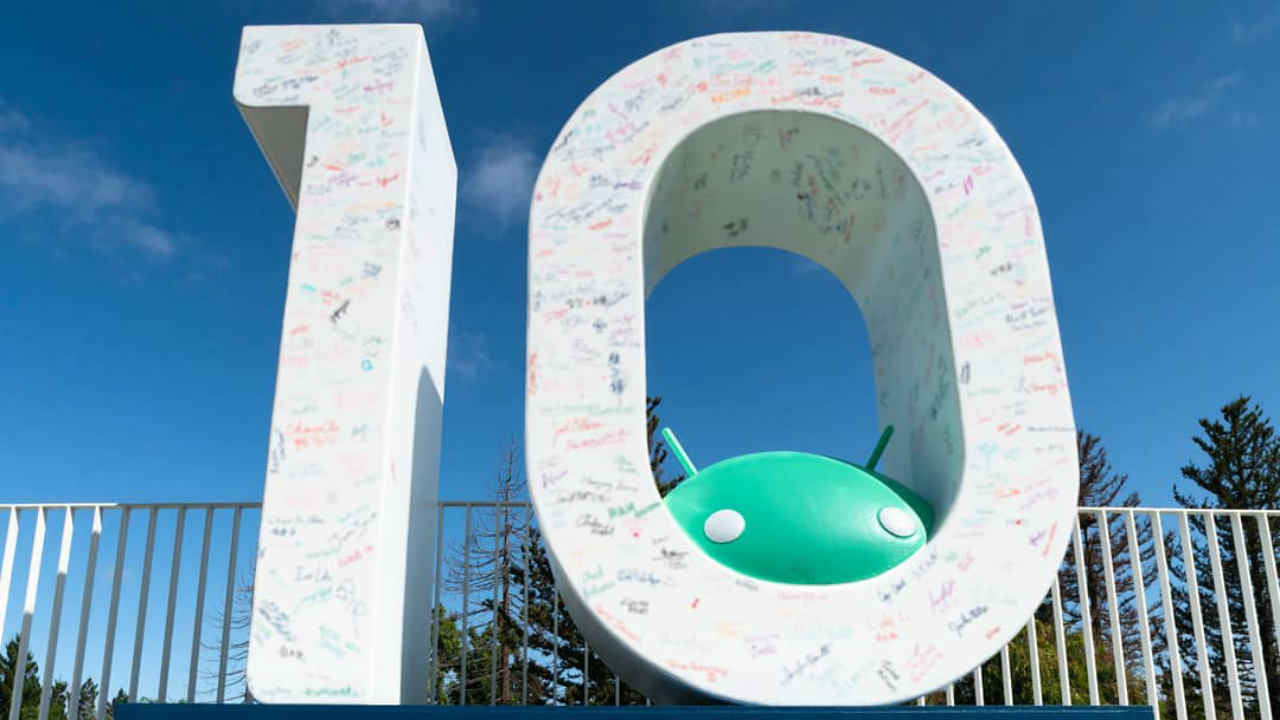Android 10 is the fastest adopted version ever: Here’s how Google did it
Google revealed that Android 10 was the fastest adopted Android version in its history.
Android 10 was running on 100 million devices within 5 months of its launch. That’s 28% faster than the adoption of Android 9 Pie.
Here's how Google achieved the feat.

Android versus iOS updates have been a debate in favour of Apple for so long that the very debate is now moot. But it’s not like Google has been sitting still letting Apple get all the praises. While it’s relatively easier for Apple to keep devices as old as the iPhone 6S updated with the latest iOS builds, for Android, it means negotiating a minefield of OEMs, Android skins and markets where Google apps are non-existent. Naturally, the uptake of the latest Android update will be significantly slower. But the latest data, revealed by Google in the Android Developers Blog shows things are improving fast.
 Survey
SurveyGoogle revealed that Android 10 was the fastest adopted Android version in its history. According to the blog post, Android 10 was running on 100 million devices within 5 months of its launch. That’s 28% faster than the adoption of Android 9 Pie.
The speed wasn’t achieved overnight.
How has Google’s Android update strategy improved over the years?
Google has been making significant, behind-the-scenes improvements in the way the Android OS is installed in a device.
Android 8 Oreo
It started with Project Treble in Android 8 Oreo. Project Treble created a split between parts which is handled by Google (the core, underlying system) and the part which is handled with the OEMs (skins, design, etc.) resulting in a cleaner code separation of the core OS, from the rest of the code. From this point, every device that comes with the Google Playstore preloaded are automatically compliant with Project Treble. This resulted in 2.5X faster adoption of Android 9 Pie.
Android 9 Pie
In Android 9 Pie, Google started an OEM developer preview program which gave early previews to users of specific models beyond the usual Pixel and Nexus devices which is Google’s test-bed for beta updates. OEMs like OnePlus, Nokia, Oppo, Realme and more were able to release early previews of Android 10 for developers to test their apps for compatibility.
Google also started publishing Generic System Images (GSI) to help developers test for app compatibility on real hardware instead of virtualised machines. Via Project Treble, every device was made GSI compatible, even though they didn’t ship with the generic image.
Google said this further led to a 1.5X increase in adoption speed of Android 10.
Android 10
The current Android version saw Google updating the main components of the OS directly via the Google Play system updates under Project Mainline. This helps Google push out privacy and security updates to devices like it updates apps on the Playstore (read: Automatically). This is primarily how Google was able to update every Android device with the exposure notification settings to help contact trace COVID-19 patients. Google pushed the feature to over 2 billion devices in a span of 4 weeks.
How will Android 11 make updates better?
For one, the OEM developer previews will continue. The Oppo Find X2 is already one device outside of the Pixel family to receive the Android 11 beta update. Google also made 21 OS components updatable that focus on privacy, security and developer consistency across devices.
Google is also further isolating common code in the Android Linux kernel and creating a Generic Kernel Image (GKI) that will be supported by all Android device. This is will help fasten up the security updates and is an extension of the work done with the Generic System Image in Android 9 Pie.
Android 10 also brought virtual A/B partition. Google tried a physical A/B partition to make updating an Android device as seamless as updating an app in the background. But a physical A/B partition required extra space in the storage. Making it virtual removes that space barrier and makes the update process so much more seamless.
Digit NewsDesk
Digit News Desk writes news stories across a range of topics. Getting you news updates on the latest in the world of tech. View Full Profile